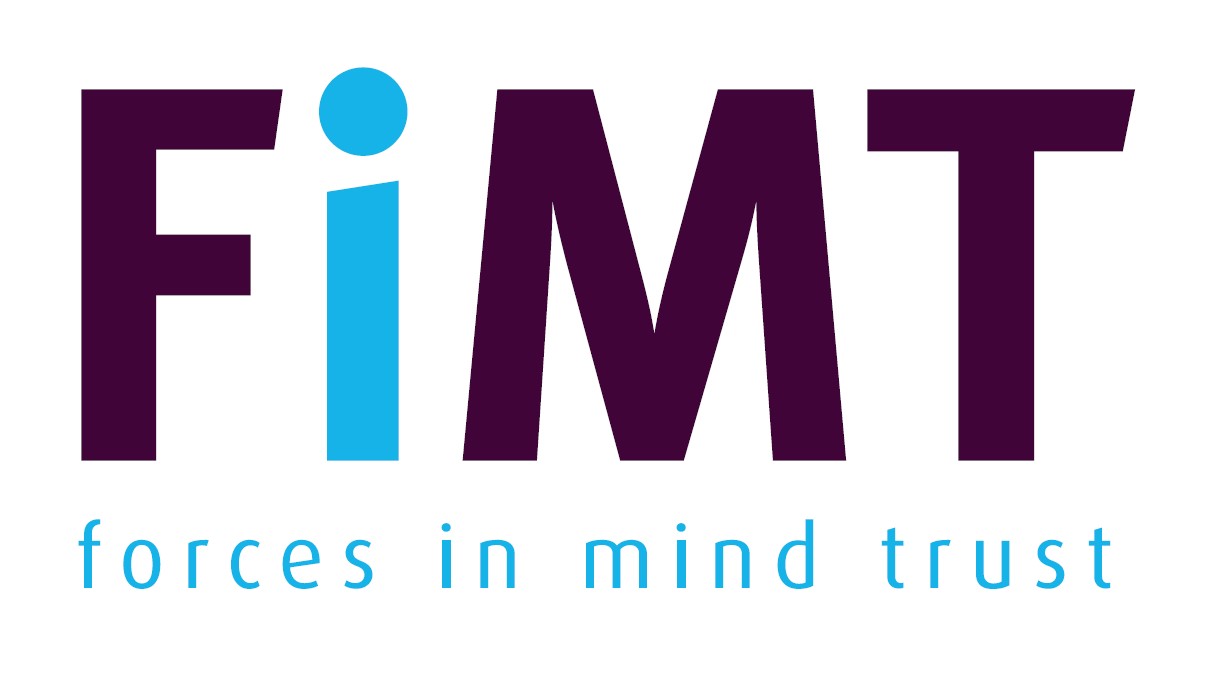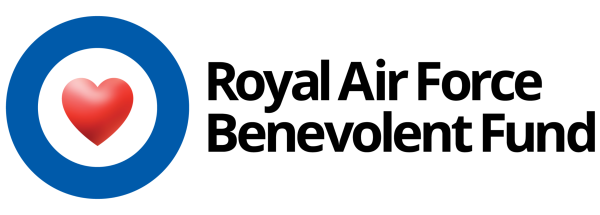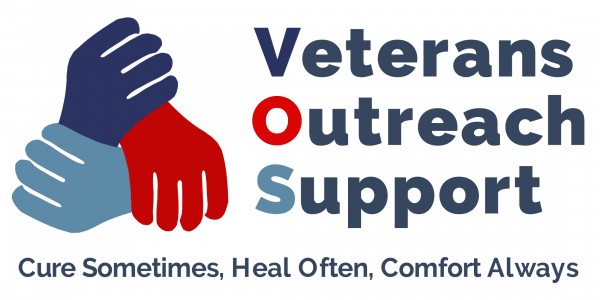Forces in Mind Trust (FiMT) has published 10 Years of Impact for Armed Forces Mental Health – a new report which highlights the work of its 10-year Mental Health Research Programme.
From 2015-2025, FiMT’s Mental Health Research Programme has funded a wide range of research on mental health to improve understanding, treatment, and policy related to mental health within the Armed Forces community. Key impacts the report highlights include:
- Pioneering research into moral injury and Complex Post Traumatic Stress Disorder, which helped to develop some of the UK’s first specific treatments for those conditions.
- The Call to Mind series, which provided a four-nation perspective on Armed Forces mental health system across the UK and underpinned public calls for action that helped shape current provision such as Op COURAGE.
- Investment in early-stage trials of innovative treatments, including the UK-part of an international trial into MDMA-assisted therapy for PTSD and a project exploring how motion-assisted therapy could help former Service personnel with their mental health.
The report can be read in full here.
The success of the programme reflects the contribution of a wide range of partners, including researchers, clinicians, policy makers, charities, and, most significantly of all, tens of thousands of members of the Armed Forces community that have taken part in research over the past decade.
What next?
Although the programme has concluded, FiMT is undertaking a number of ongoing and upcoming health-focused projects, including a study on the impact of injury on accelerated aging with the University of Birmingham, and work with Combat Stress and RAND Europe to consider the future role of charity mental health provision for the Armed Forces community.
Michelle Alston, Chief Executive of Forces in Mind Trust, said,
“As the Mental Health Research Programme draws to a close, we want to highlight some of its key achievements and recognise the significant collaboration behind its work. Achieving impact has required a shared effort from both military and civilian healthcare sectors, across the four nations of the UK, and spanning statutory and non-statutory organisations, including government, NHS charities, academia, and the professional sector. We are immensely grateful to those who have worked with the programme to make it as impactful as it has been over the last decade.”

















